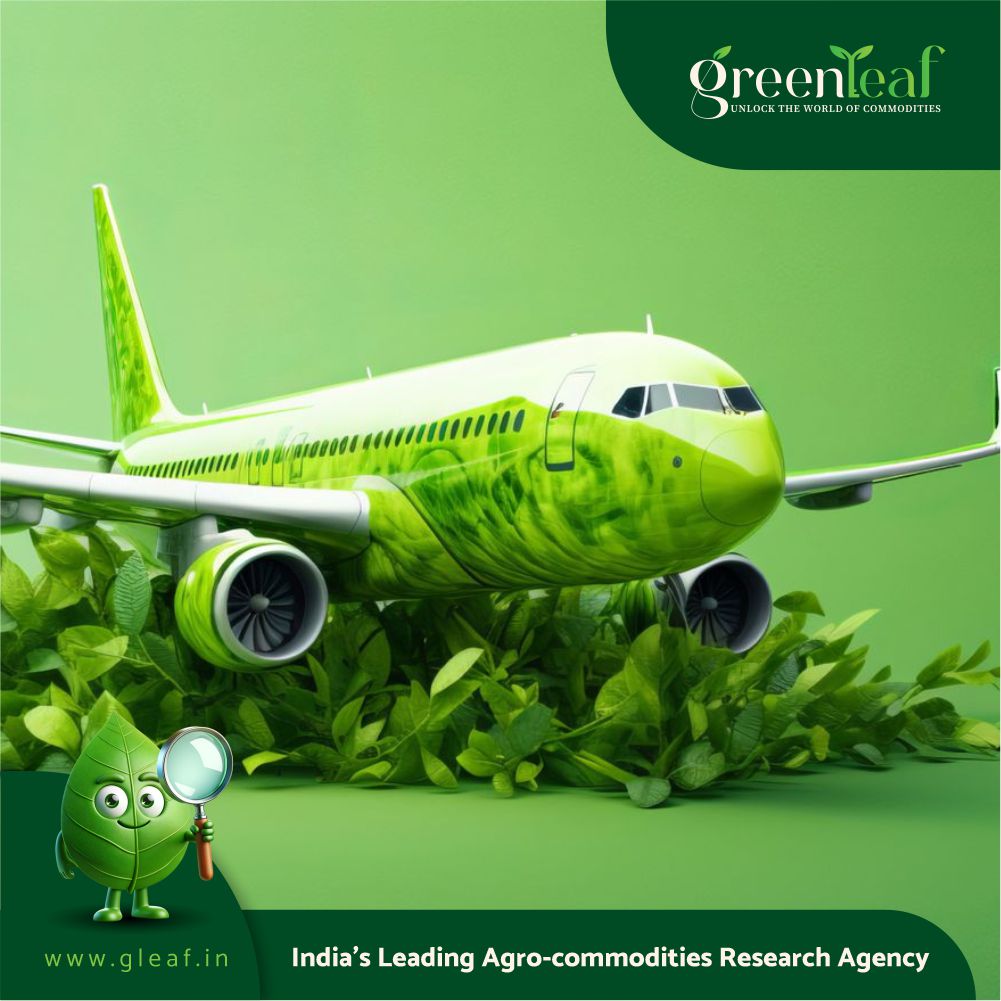Aircraft lessor Jackson Square Aviation and specialist financial services company Future Energy Global (FEG) have partnered to help generate investments needed to accelerate the production of sustainable aviation fuel. Like leasing companies placing large orders for new aircraft, FEG was formed in January to aggregate the SAF requirements of multiple customers, then use the combined amounts to book large volumes of the fuels at favourable prices. This boosts the order books and confidence of evolving SAF makers, helping them to attract funding for infrastructure and production, while also providing customers, particularly smaller airlines and corporate buyers, with access to more affordable supplies of alternative fuels that they might not be able to achieve independently. Through the new partnership, Jackson Square’s airline customers will have access not only to SAF pre-purchased by FEG, but also to its network of corporate SAF buyers and suppliers, helping drive up demand for and production of the fuel.
Leasing companies are increasingly focusing on the need to help deliver more sustainable air transport, recognising, like airlines, that if the industry fails to reach emission reduction targets it could face tighter government regulations and even mandated reductions in flying, potentially impacting fleet suppliers.
“We’re very proud to partner with Jackson Square Aviation to accelerate SAF rollout and to build a sustainable aviation ecosystem which brings together lessors, airlines, SAF producers and corporate clients,” said Future Energy Global CEO and co-founder Natasha Mann, a former executive of the leasing company GECAS, which has since been acquired by AerCap, the world’s largest lessor of commercial aircraft.
For the airline sector to achieve its carbon emission reduction targets, says FEG, SAF production needs to increase 1,000-fold from 500 million litres today to 500 billion litres by 2050, requiring more than $1 trillion investment in infrastructure.
“FEG gives suppliers the financial stability needed to expand, while buyers gain access to a steady supply of SAF and SAF credits at predictable costs,” explained the company, which is backed by US-based Aviation Partners, a leading supplier of aircraft winglets to reduce aerodynamic drag, fuel burn and emissions.
Added Mann: “We need radical collaboration between stakeholders to achieve the industry’s common goal of net zero CO2 emissions by 2050. Aircraft lessors are central to this as they own about half of the world’s commercial aircraft fleet, and Jackson Square Aviation is leading the way.”
Jackson Square Aviation (JSA), owned by Japan’s Mitsubishi HC Capital, is a mid-size lessor of Airbus and Boeing aircraft, with 277 jets either owned or committed for purchase, and fleet deployed with 60 airlines based in 30 countries.
Its customers range from big-name, long-haul carriers including Air France and Iberia to full-service and low-cost medium-haul operators including US-based JetBlue, Canada’s WestJet, Türkiye’s Pegasus and the world’s largest operator of A320 family jets, the Indian LCC IndiGo. The lessor’s latest announced deal was two A320s to emerging Estonian-registered leisure carrier Marabu Airlines.
“We recognise the climate risk of the assets we own, we pride ourselves on owning one of the most efficient fleets in the industry and we are focused on continuing to invest in the most fuel-efficient new technology assets,” said the company.
Almost 80% of Jackson Square’s aircraft are narrowbody Airbus A220, A320 and Boeing 737-family twinjets, with the balance a mix of widebody Airbus A330s and A350s and Boeing 777 and 787 models.
The average age of the lessor’s total fleet is 5.3 years, and 77% of its aircraft are new generation marques, with 37% of its total portfolio placed with EMEA-based airlines, 34% with carriers in the Americas and 29% in the Asia-Pacific region.
“As a key player in the commercial aviation value chain, Jackson Square takes its sustainability responsibilities very seriously,” said Ryan Opeka, JSA’s COO.
“We recognise the importance of investing in a more sustainable future for the global air transport industry. We are a strong proponent of the adoption of sustainable aviation fuels globally. In partnership with Future Energy Global, Jackson Square Aviation will apply our finance expertise to help our existing and future clients decarbonise their operations with SAF.”
In September, FEG was approved as an accredited SAF trader under two global assessment programmes, International Sustainability and Carbon Certification (ISCC) and the Roundtable on Sustainable Biomaterials (RSB), both of which validate the integrity of SAF supply chains to ensure that the fuel’s development is entirely sustainable and that its claimed environmental benefits are authentic and traceable.
As part of its SAF ecosystem programme, FEG also helps to manage for its customers the nuanced complexities of SAF procurement and regulations in different markets.












